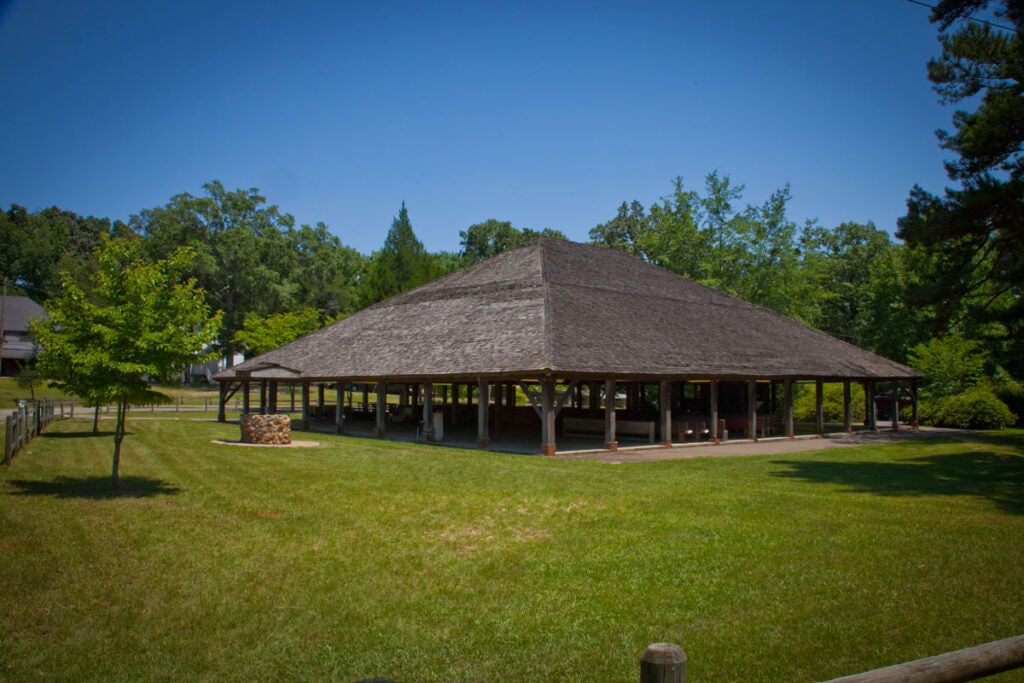Local Campground Listed as National Historic Place
Published 4:18 pm Friday, March 22, 2024
|
Getting your Trinity Audio player ready...
|
Staff Reports
Atlanta, GA – Georgia added four new listings to the National Register of Historic Places, continuing to highlight the diversity and breadth of the state’s historic heritage.
These nominations include:
– Lemon Street School, Marietta, Cobb County
– Brown’s Mill Battlefield, Coweta County
– Dooly County Campground, Vienna, Dooly County
– Augusta Warehouse and Compress Company, Augusta, Richmond County
Listing nominations are part of the Historic Preservation Division’s mission to promote the preservation and use of historic places for a better Georgia.
The Historic Preservation Division hopes sharing this information will encourage more historic property preservation through public awareness and an appreciation of the impact historic
resources have on our social and economic lives.
As of March 8, 2023, Georgia has 2,217 listings comprising 90,070 resources in the National Register of Historic Places.
Dooly County Campground in Vienna has been listed on the National Register of Historic Places as of March 1, 2024 according to the Georgia Department of Community Affairs. The nomination was sponsored by the Dooly County Campground, Inc. with nomination materials prepared by Lynne Cook.
The campground is a United Methodist Church camp-meeting venue that dates back to 1874. When you arrive at the campground, in the center of the site is a large, open-air tabernacle made out of hand-hewn pine timbers joined by a mortise-and-tenon joinery, that was built in 1875. Surrounding the tabernacle are four dormitories, the preacher’s tent, and six extant family “tents” – a term that would go back to the early days of camp meetings when families would travel to a campground, pitch their tents, and join in a week long of religious sermons, singing, social interaction, and recreation. In addition to the tabernacle and tents, the campground evolved over time and built other facilities, such as a dining hall, restrooms, meeting spaces, basketball court, swimming hole, and swimming pool. The meetings that occurred are a institutionalized feature of Georgia’s religious history and remain an important and increasingly rare part of religious practice in the state today.






